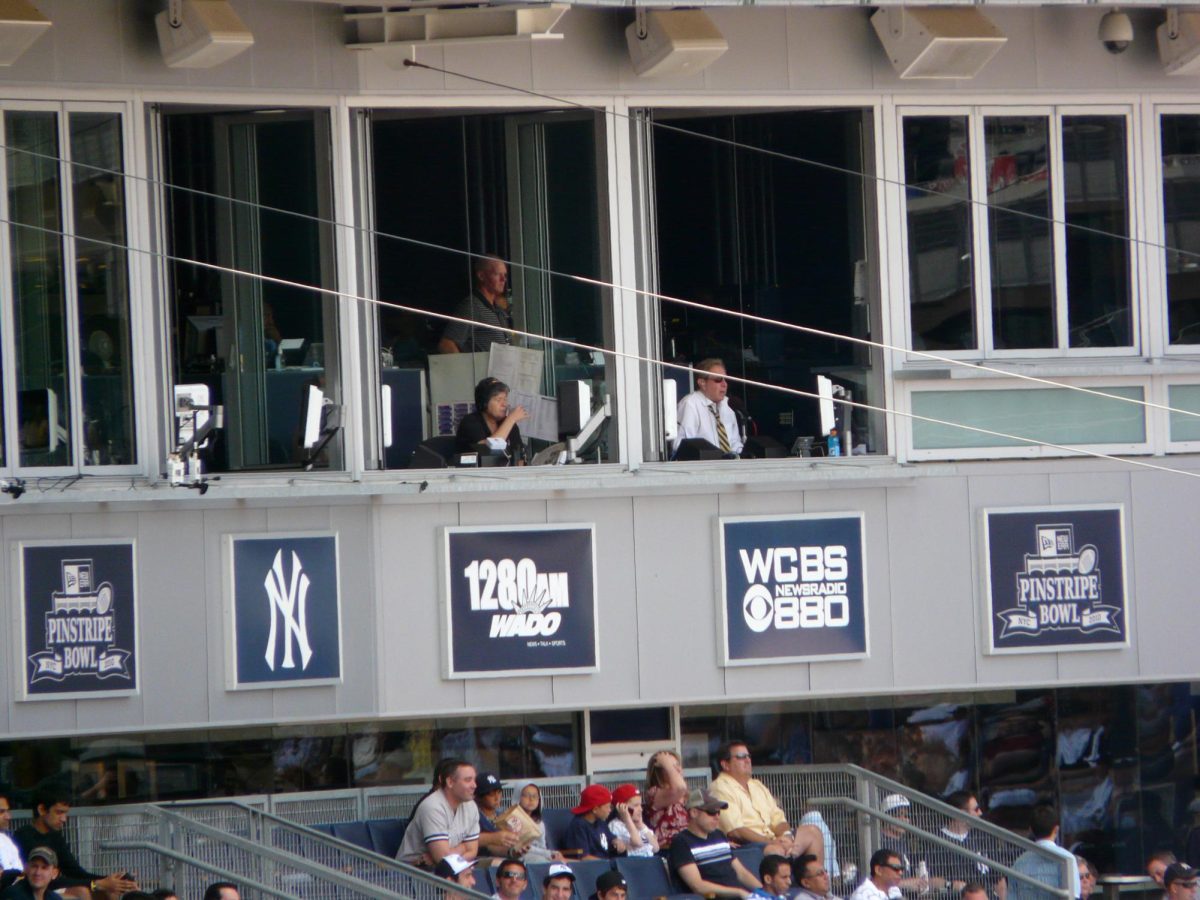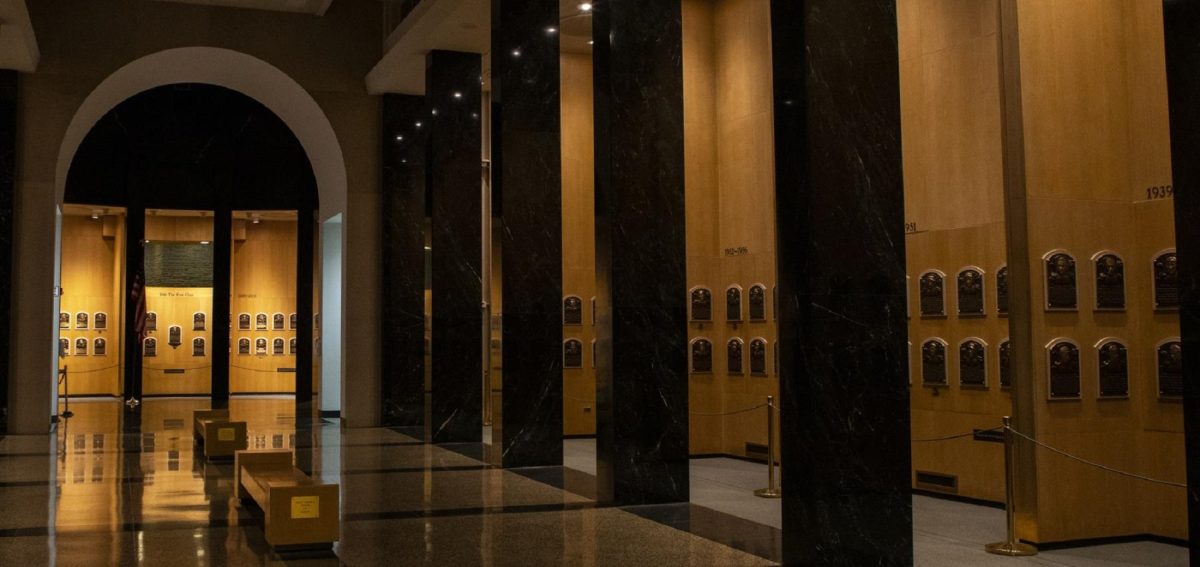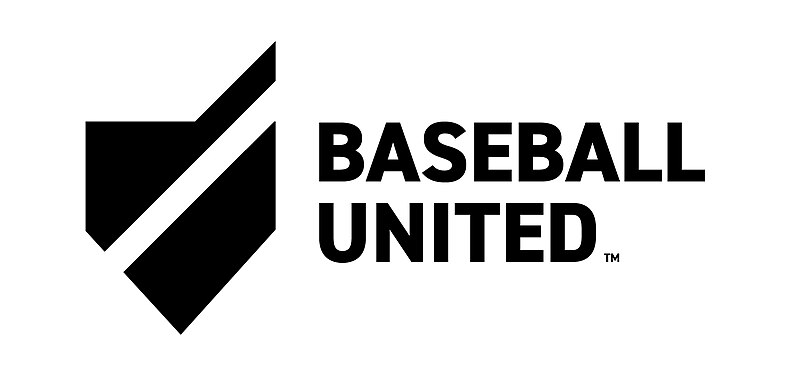Before 2017, you would be hard-pressed to find anyone outside of Sweden who had even heard of the Swedish soccer club Östersunds FK. Nevertheless, what the team has accomplished — largely thanks to its chairman Daniel Kindberg and manager Graham Potter — is nothing short of magical.
Established in 1996 as a merger of several clubs in Östersund, Sweden, Östersunds FK has existed for only 21 years. Often called the Winter City, Östersund has a long history of winter sports but little historical prestige when it comes to soccer.
Östersunds FK suffered an inauspicious start, spending its first 14 years in the third tier of Swedish soccer. Finally, in 2010, it was relegated to the fourth tier of Swedish soccer, reaching its low point as a club.
Relegation caused Kindberg — along with several of the club’s other board members — to do some soul-searching after that season. They developed an ambitious plan to play European Cup soccer in their home stadium, Jämtkraft Arena and become part of the soccer elite. This ambition was ludicrous for a team in the fourth tier of Swedish soccer.
Still, with guidance from Swansea City manager Roberto Martínez, Kindberg hired the perfect man to lead Östersunds FK on its exceptional journey in 2010. Potter, an Englishman who had played fullback from 1992 to 2005, had never held a professional managing job before. Nevertheless, it soon became evident that he was the perfect hire.
In his first two seasons as manager, Potter, along with his team, won back-to-back promotions, climbing to the second tier of Swedish soccer. After another three years, Östersunds FK was again promoted — this time, to the top division in Sweden: the Allsvenskan.
Just as importantly, however, Potter was able to create a real soccer culture in Östersunds FK was averaging just over 500 people at its home games. Now, it frequently gets over 6,000.
Yet it was not just the team’s success that won over the home supporters. Potter, in his time as manager, has emphasized integrating Östersunds FK into the community. Perhaps the best representation of this achievement is its “culture academy,” in which all of the players sing, dance and act in performances in front of the local community. These performances have ranged from a rendition of Swan Lake to a rock concert during which Potter himself put on a memorable performance.
In 2017, Östersunds FK achieved its best season in its club’s short history, including a win in the Swedish domestic cup that qualified it for the Europa League. Östersunds FK had achieved one of the lofty goals set out by Kindberg just seven years earlier — European soccer would come to Jämtkraft Arena.
A rise from the fourth tier of Swedish soccer to the Europa League would be impressive enough, but Östersunds FK’s fairytale run did not end there.
In the second qualifying round of the Europa League this past summer, Östersunds FK faced Turkish giant and perennial Champions League contender, Galatasaray. Coming into the cup-tie as underdogs, Östersunds FK shocked Galatasaray, winning 2-0 at Jämtkraft Arena. It then traveled to Turkey and held Galatasaray to a draw to advance 3-1 on aggregate.
After showing some hostility toward the visitors early on, the Turkish crowd shocked Östersunds FK by applauding the players as they walked of the field.
“I was stunned. The Turkish supporters — who had been very hostile at the beginning — rose up and applauded us off the pitch,” Kindberg said.
Following that victory, Östersunds FK advanced out of the third and fourth qualifying rounds with victories over Luxembourg’s Fola Esch and Greece’s PAOK, respectively.
Having made it through all the qualifying rounds, Östersunds FK finally made it to the group stages. Now an all-too-common theme to its story, Östersunds FK were huge underdogs yet again.
Spanish club Athletic Bilbao and German club Hertha BSC, which had finished seventh and sixth in their much stronger respective leagues, were both overwhelming favorites to make it out of Group H, while Östersunds FK and Ukranian side Zorya Luhansk were mere afterthoughts.
Yet Östersunds FK’s extraordinary run continued as it finished second in Group H and qualified for the round of 32 in which it drew Arsenal.
Arsenal, a team whose manager has been at the club for longer than Östersunds FK has even existed, is one of the biggest teams in England and had qualified for the Champions League for 17 straight seasons before barely missing out on it for the 2017-2018 season. Arsenal’s squad is worth over 35 times as much as Östersunds FK’s squad.
Nevertheless, despite all its plaudits, Arsenal will travel up to Sweden on Feb. 15 and face Potter and his rag-tag group of players in front of just over 9,000 ardent Östersunds FK supporters on a night Kindberg had dreamed of just seven years before. Win, lose or draw, the Östersunds FK faithful will surely be chanting their hearts out for all 90 minutes in a night that will go down as the most famous in their club’s remarkable journey.















